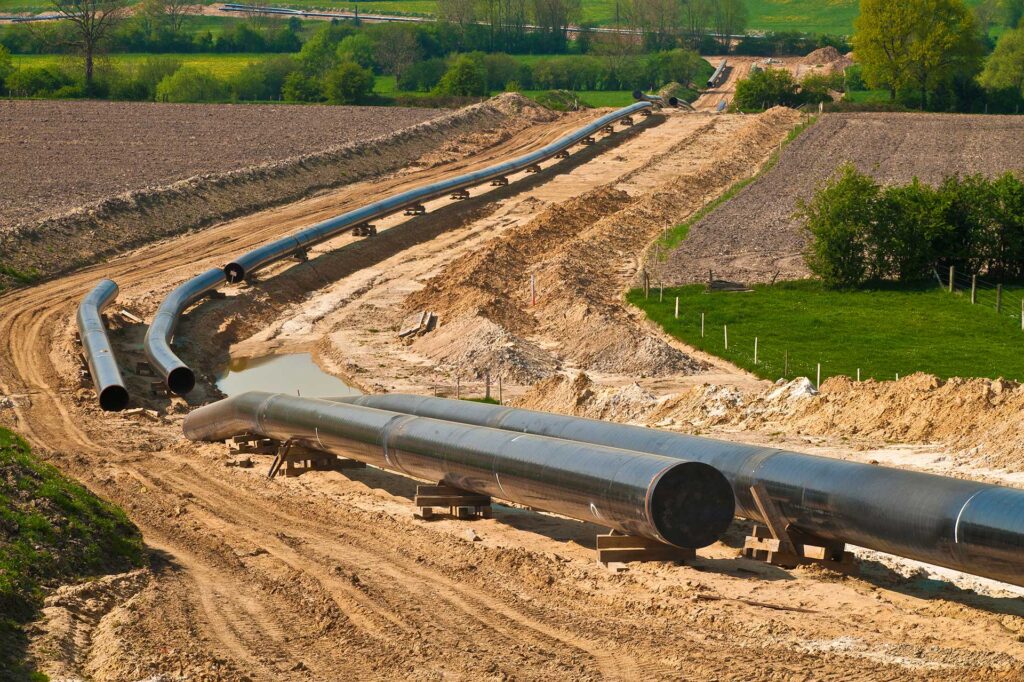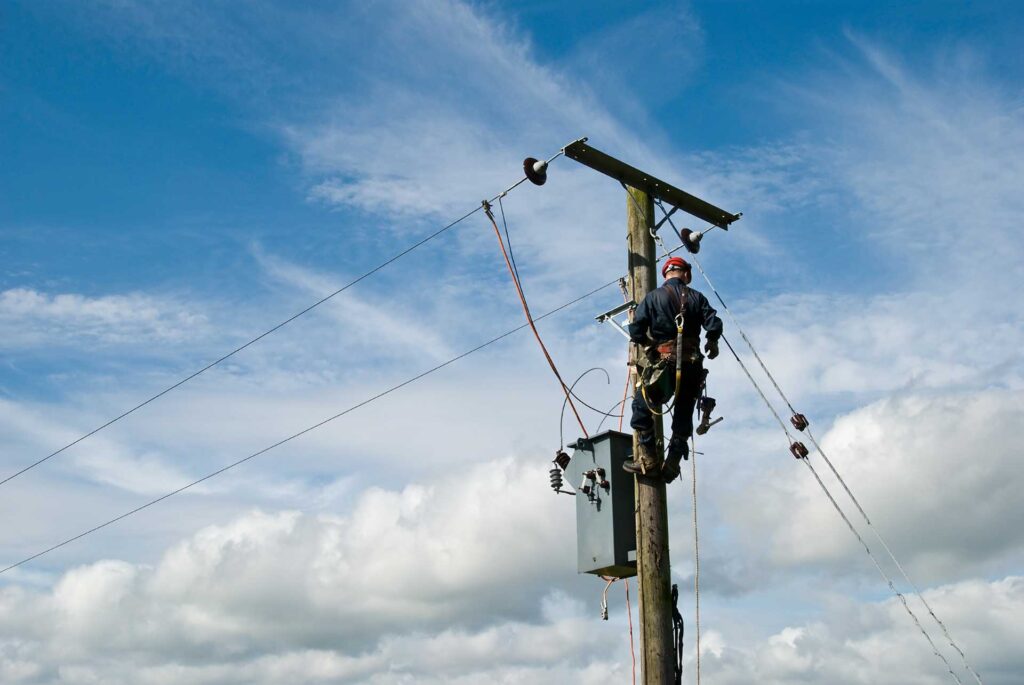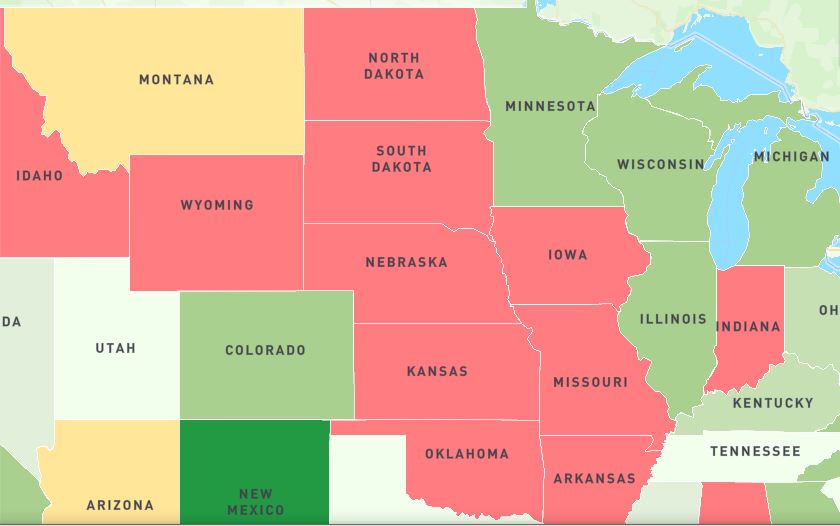Community Voices in Energy national trainings are designed to prepare participants to address energy justice issues and drive change through energy regulatory cases that affect their communities.
Over the course of about eight bi-weekly virtual trainings, our 2024 national training explained and demystified traditional legal intervention in public utility commission proceedings, and how individuals can bring about a more just and affordable energy system through policy advocacy, organizing, and education.
Participants also gained insights from case studies such as amazing successes in Illinois.
At the end of the program the participants completed an impressive range of projects, many of which involved energy justice insights that helped scale the impact of the work. Participants received Energy Justice Intervenor certification showing that they had learned about navigating and influencing the energy regulatory system.








